Critical Incident Stress Management (CISM)
Assisting Individuals in Crisis
In-person and live, online training helping emergency services, health care professions and others, provide peer support for peers who have been through a critical incident
Provide Support
Save Careers
Save Lives
What is Critical Incident Stress Management?
Critical Incident Stress Management, commonly called CISM, is a peer support model that combines various crisis intervention methods to lessen the impact of an event, accelerate the recovery process, and assess the need for additional or alternative services.
What You Will Learn:
Learn how to communicate to someone who has been through a crisis situation with active listening skills.
Recognize the common psychological reactions people experience in the wake of critical incidents.
Learn why the CISM model of assisting individuals in crisis works to lessen the impact of a traumatic event.
Learn and apply the SAFER-Revised model of individual crisis intervention to support your peers.
Learn and apply the SAFER-Revised model of crisis intervention with suicidal individuals.
Understand the nature and definitions of a psychological crisis and psychological crisis intervention.
Experiencing a traumatic event takes its toll
Emergency services and healthcare professions demand much from its people. After a critical incident a person may be experiencing...
Panic symptoms
Depression
Inability to focus
Sleep disruption
Irritability
Extreme guilt
But there's hope
Assisting Individuals in Crisis will prepare you to provide emotional first aid to your peers who are having difficulty bouncing back from a difficult experience
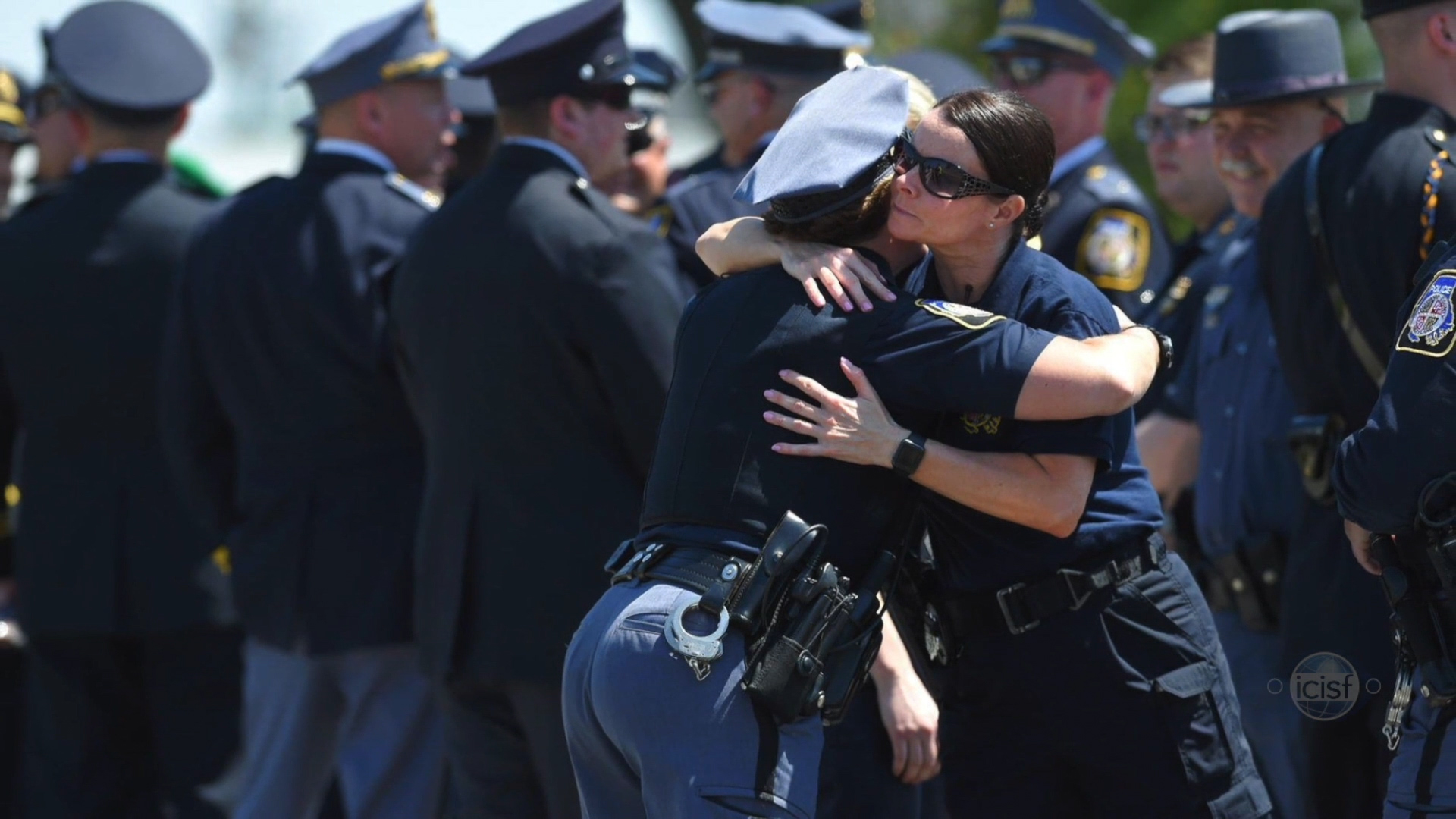
Who Would Benefit
-
Law Enforcement Personnel
-
Firefighters
-
Emergency Medical Services
-
Emergency Room Personnel
-
Physicians
-
Nursing Staff

Course Modules
Here's a breakdown of what you'll be learning inside this training.
Module 1
Key Definitions, Terms, and Concepts
Understand and discuss the natures and definitions of a psychological crisis and psychological crisis intervention.

Module 2
Are You Listening?
The foundational skill in crisis intervention is the ability to listen. This section teaches you the skills necessary to gain interpersonal trust with the individuals you are assisting.
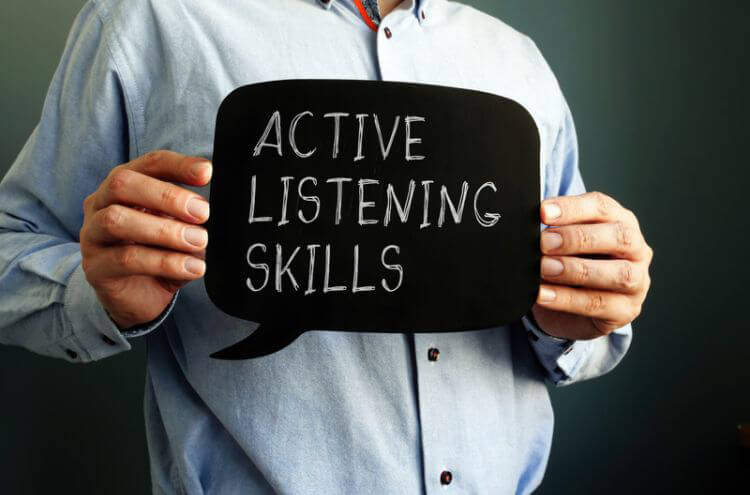
Module 3
Crisis Communication Techniques
Crisis intervention involves several important crisis communication techniques. This section covers these techniques and helps build these important skills.
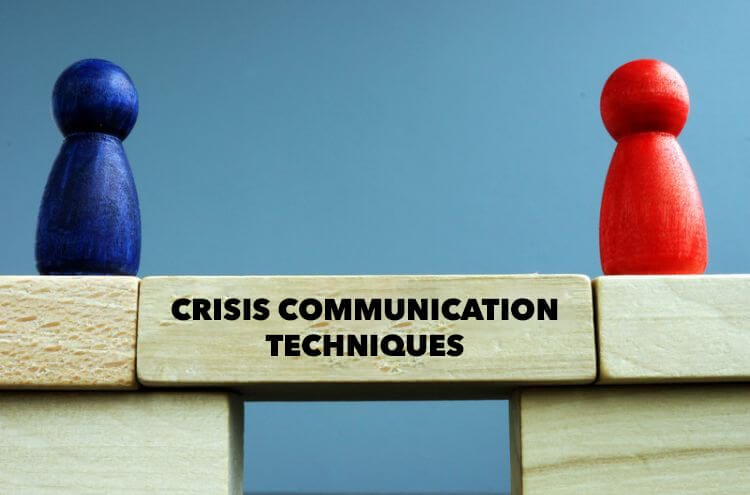
Module 4
Using the "Diamond" Communication Structure
You learn crisis communication techniques in the previous section. Here you are provided with a structure in which to use those tools. It is a simple structure for asking questions during peer support.

Module 5
Common Psychological Reactions
It is important to understand some of the most common psychological and behavioral reactions seen in the wake of critical incidents. This section covers these reactions so you are prepared for when you observe them.

Module 6
Mechanisms of Action and Cautions
It's important to understand why an intervention model works instead of just memorizing protocols. Learn why this model of crisis intervention works and when not to use.

Module 7
SAFER-Revised Model
Originally developed for use with law enforcement, the SAFER-R model is a step-by-step model for working with individuals in crisis. It may be considered a form of psychological first aid (PFA).
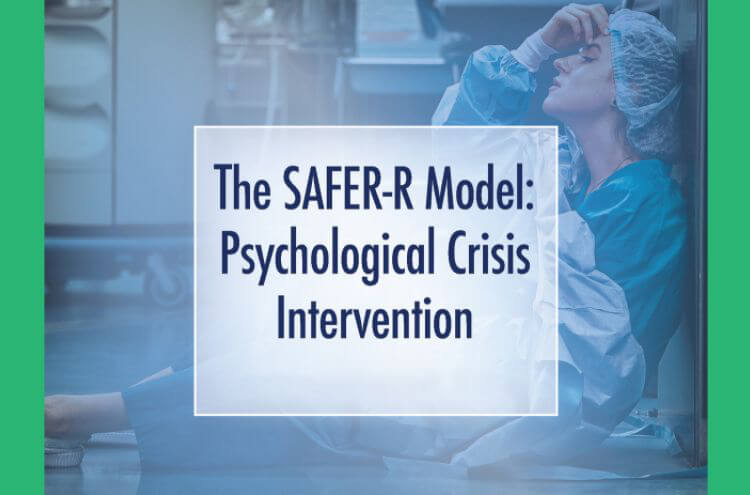
Module 8
SAFER-Revised Model in Suicidal Ideation
While not a course on suicide intervention, this section applies the SAFER-R model of crisis intervention in situations where individuals may be in suicidal crisis.
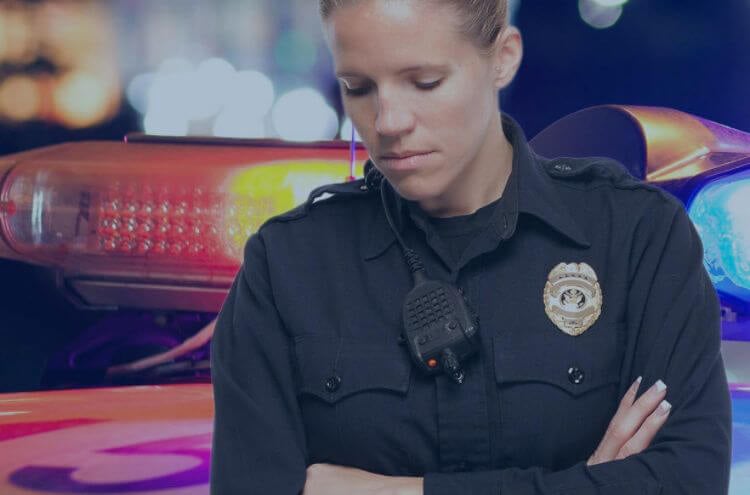
Upcoming Assisting Individuals in Crisis Courses
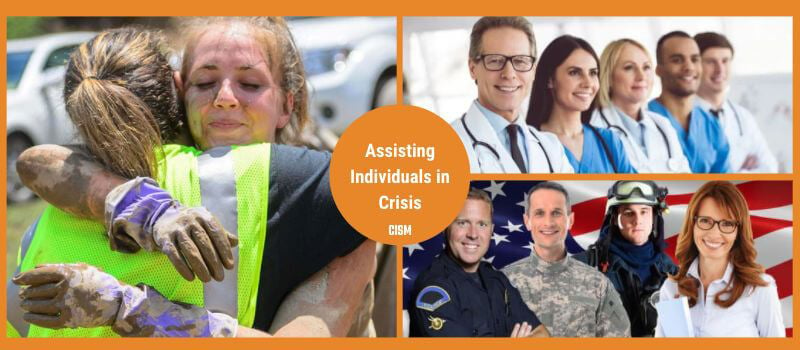
No courses scheduled at this time
• Real-time presentations
• Faculty Interaction
• Small group breakouts
• Live Q & A
Meet the Author of this Training
George S. Everly, Jr., PhD, ABPP, FAPA, FACLP, CCISM
Dr. Everly is an award-winning author and researcher. In 2016 PubMed Reminer ranked him as the #1 published author in two fields: crisis intervention and psychological first aid. He holds appointments as Professor in the Department of International Health (affiliated) at the Johns Hopkins Bloomberg School of Public Health, Associate Professor in Psychiatry at the Johns Hopkins School of Medicine, Professor of Psychology at Loyola University in Maryland (core faculty).
Dr. Everly was a Harvard Scholar, visiting in psychology, Harvard University; a Visiting Lecturer in Medicine, Harvard Medical School; and Chief Psychologist and Director of Behavioral Medicine for the Johns Hopkins' Homewood Hospital Center.
He has authored numerous professional papers and 20 books including the ground-breaking books Controlling Stress and Tension, Occupational Health Promotion, and A Clinical Guide to the Treatment of the Human Stress Response. He is uniquely trained in business management, neuroscience, public health, and clinical psychology. He is co-founder of the International Critical Incident Stress Foundation (ICISF)

How to Host a Training
It's easy and affordable
1
SCHEDULE A CALL
We'll take a few minutes and discuss your organizational requirements to determine your best plan of action.
2
HOST THE TRAINING
We'll provide interactive in-person or "virtual" training for your personnel. You may also include other organizations and individuals in your area.
3
BE PREPARED
Your staff will be prepared to support others who are in crisis.
Meet The Presenter
Stress Management Trainer and Speaker
Bart J Leger, PhD., BCPC, FAAETS, CCISM
Dr. Leger has nearly 35 years of experience providing crisis intervention, stress management, peer support, training, and consulting services to first responders, mental health professionals, clergy, school counselors, medical, corporate, and industrial fields. His PhD is in counseling with a concentration in traumatic stress. He is a board certified Fellow with the American Academy of Experts in Traumatic Stress and a retired first responder.
With experience in the business sector, law enforcement, fire services, EMS, schools and churches, he is uniquely qualified to provide consulting, training and program development in the areas of peer support teams, critical incident stress management, workplace violence, church and workplace safety, suicide intervention, compassion fatigue/burnout, and many other workforce wellness concerns.
... see you on the inside!"


In the meantime... download this FREE resource

Discover 7 practical skills to help you bounce back from anything life throws at you.
Supercharge your resilience.
-
Understand Resilience
-
Lean Emotion Regulation Skills
-
Bounce Back from Adversity
Frequently Asked Questions
We know you'd still have questions, so that's why we prepared this section just for you.
What is the refund policy?
Upon request, you may receive a full refund if you cancel at least 14 days prior to the date of training. After that, we don’t give refunds, but you may transfer to the next available course for a $50 transfer fee.
Can I transfer my registration to another person?
Yes! To transfer your registration, simply email me at [email protected] and provide the name and email address of the person to whom you are transferring. Please contact me at least 24 hourse before beginning of training.
Does this class have any prerequisites?
No. There are no prerequisites required for this training.
Do I have to be a first responder or in the medical field to take this course.
No. This course is open to anyone who is interested in attending.
Can this course be presented 100% online.
Yes. This course can be taken completely online via Zoom, so there’s no need to show up to a classroom in person. There will be breakout rooms to discuss topics covered in each module.
Do I get a certificate when I complete this class?
Yes, if you complete the entire class. Each class requires a certain number contact hours in order to receive a Certificate of Completion. Partial certificates are not issued. Certificate will be provided through the International Critical Incident Stress Foundation.
Can I receive CEUs for this course?
Yes. Participants will receive an ICISF Certificate of Attendance that offers general (not profession-specific) Continuing Education Units (CEUs) from by University of Maryland, Baltimore County (UMBC) Department of Emergency Health Services Professional and Continuing Education (PACE).
How often is this course offered?
This course will be offered periodically. Course offerings will be listed on our upcoming courses page. Feel free to request a course. We will schedule a class if there is a minimum of 12 participants.
Schedule Changes & The Stress Care Doc's Right to Cancel
Due to unforeseen circumstances, if it becomes necessary to make changes to the schedule, The Stress Care Doc reserves the right to cancel or make changes in course offerings, presenters and session times without prior notice to attendees.
Learn How to Assist Individuals in Crisis
Find out how to provide this training for your organization
Copyright © 2021 The Stress Care Doc, LLC — All rights reserved. — Lake Charles, Louisiana — (337) 302-6624
